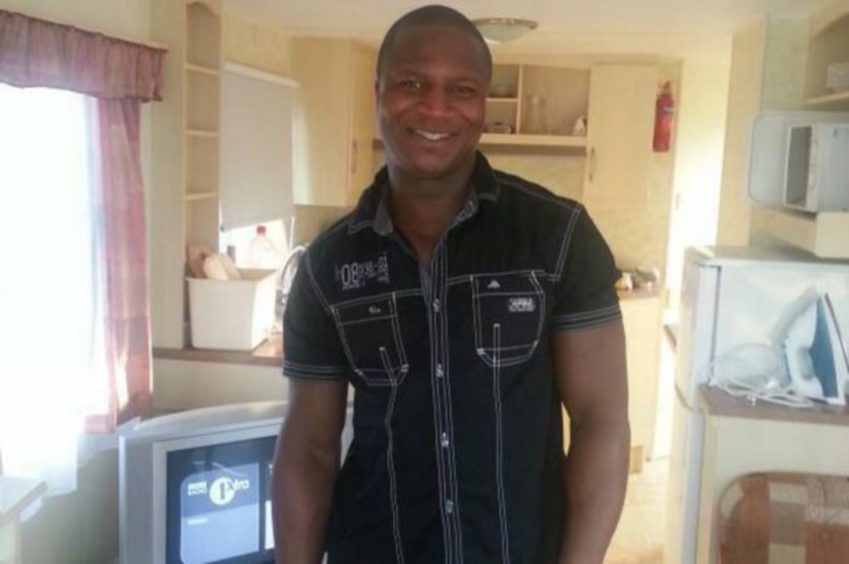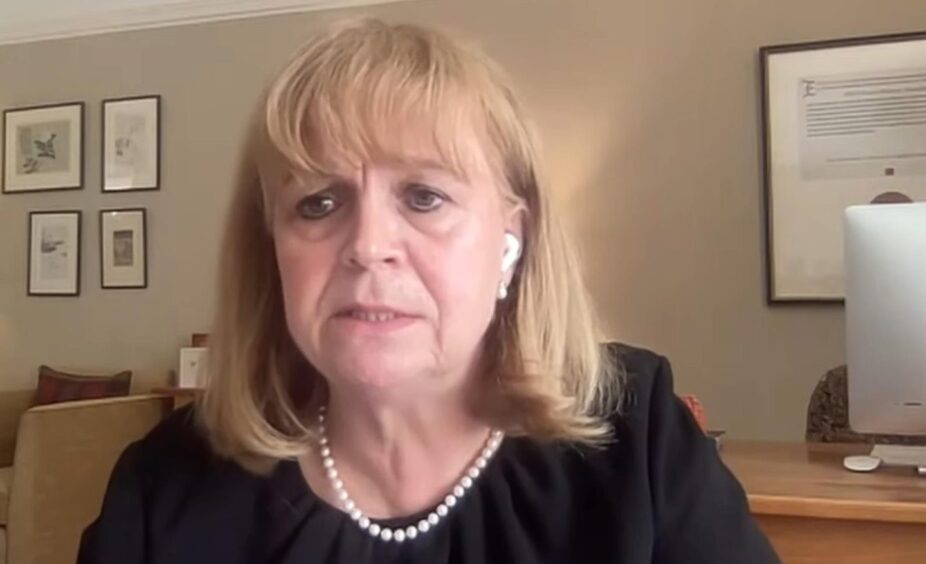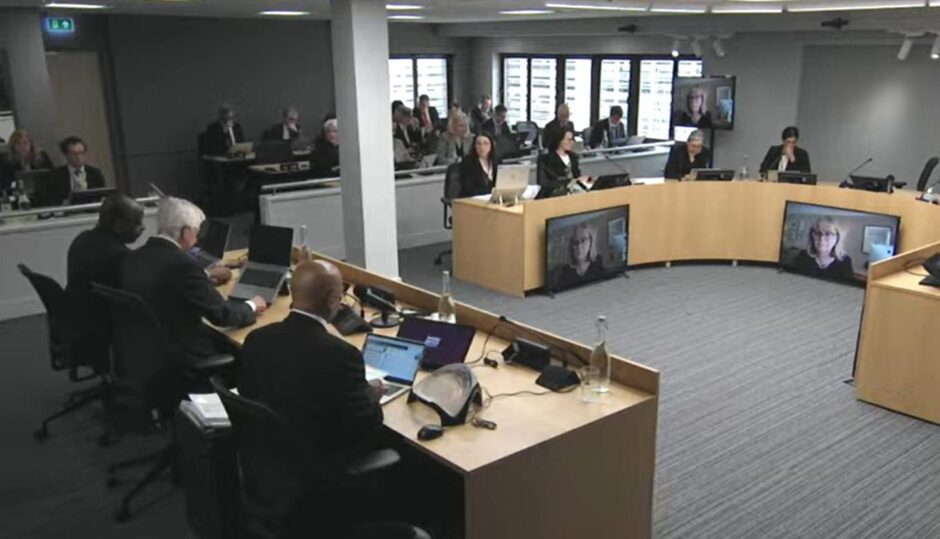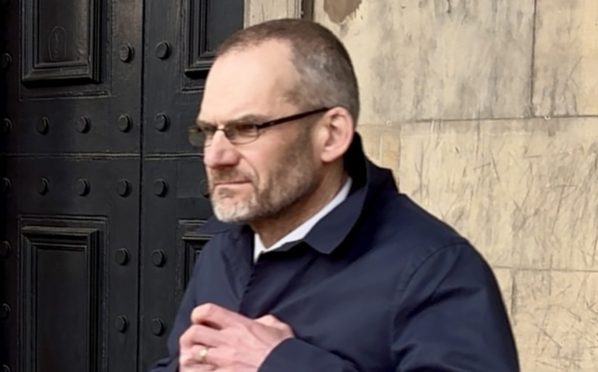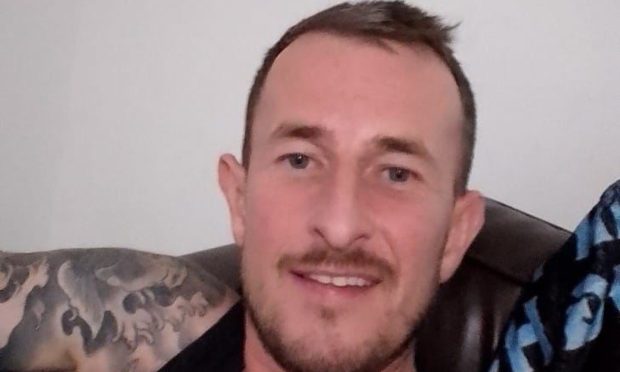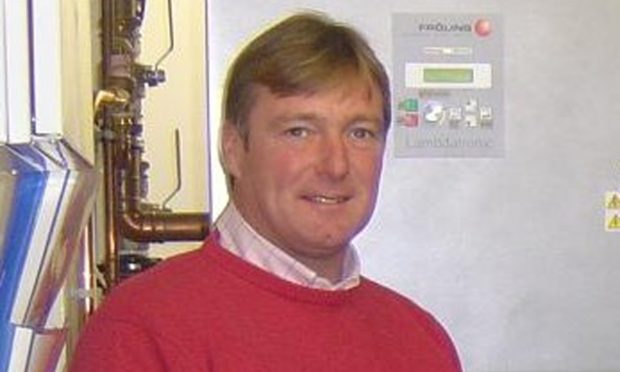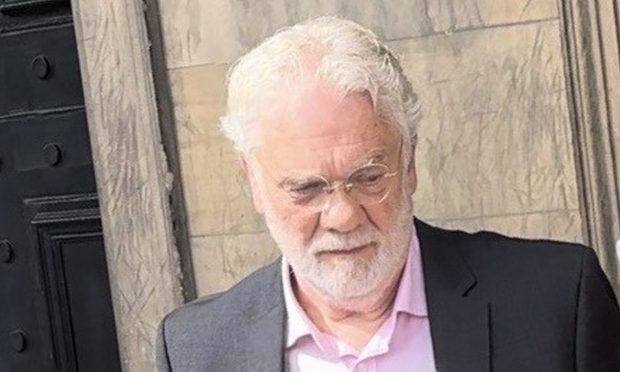A former lord advocate has told the Sheku Bayoh inquiry she finds it “worrying” a majority of people responsible for investigating police officers in Scotland have former connections with Police Scotland.
Dame Elish Angiolini was commenting on a figure quoted to her at the inquiry that 62% of Police Investigations and Review Commissioner (Pirc) investigators have a prior link to the force.
She was provided with the figure as the inquiry considered a number of reports she has written concerning the conduct of police officers across the UK, including in Scotland.
Mr Bayoh, 31, a father-of-two, died after he was restrained on the ground by six police officers in Kirkcaldy, on May 3, 2015.
The inquiry is examining the circumstances leading to Mr Bayoh’s death, how police dealt with the aftermath, the investigation into his death, and whether race was a factor.
At the inquiry on Friday, senior counsel Angela Grahame KC raised questions about the independence of investigators tasked with reviewing complaints against police officers.
She said the inquiry had heard earlier this week that the current proportion of Pirc investigators with a former connection to Police Scotland is 62%.
She asked Dame Elish about a review of complaint handling she completed in 2020 and to discuss her views on the independence of investigators.
Dame Elish, who was giving evidence remotely, told the inquiry: “It did cause me real concern when I looked at their independence and the likelihood that people knew people they were investigating.”
Ms Grahame went on to ask Dame Elish what impact this has had on public confidence in the outcome of investigations.
She said families have told her they felt investigators appeared “quite chummy” with officers they were supposed to be examining.
Dame Elish added: “That really undermines any confidence that can be had – the make-up of organisation.
“I hadn’t appreciated that even now it is as high as 62%, which I think is worrying.”
MS Grahame pointed out Dame Elish’s 2020 report recommended ex-police officers should be “phased out” as investigators and police should hire other people with investigative skills to probe complaints.
Dame Elish confirmed this remains her view, adding: “I think it’s very important that they get a range of different experiences and investigatory approaches.”
Ms Grahame then read out a section of the report which quoted a member of the public as summing up the problem by saying “people who investigate themselves don’t tend to find themselves guilty”.
Asked if this concern had been a “common theme” running through her work reviewing the handling of complaints against police, Dame Elish simply replied: “Yes.”
Dame Elish was Scotland’s lord advocate between 2006 and 2011.
The inquiry, taking place before Lord Bracadale in Edinburgh, continues.

